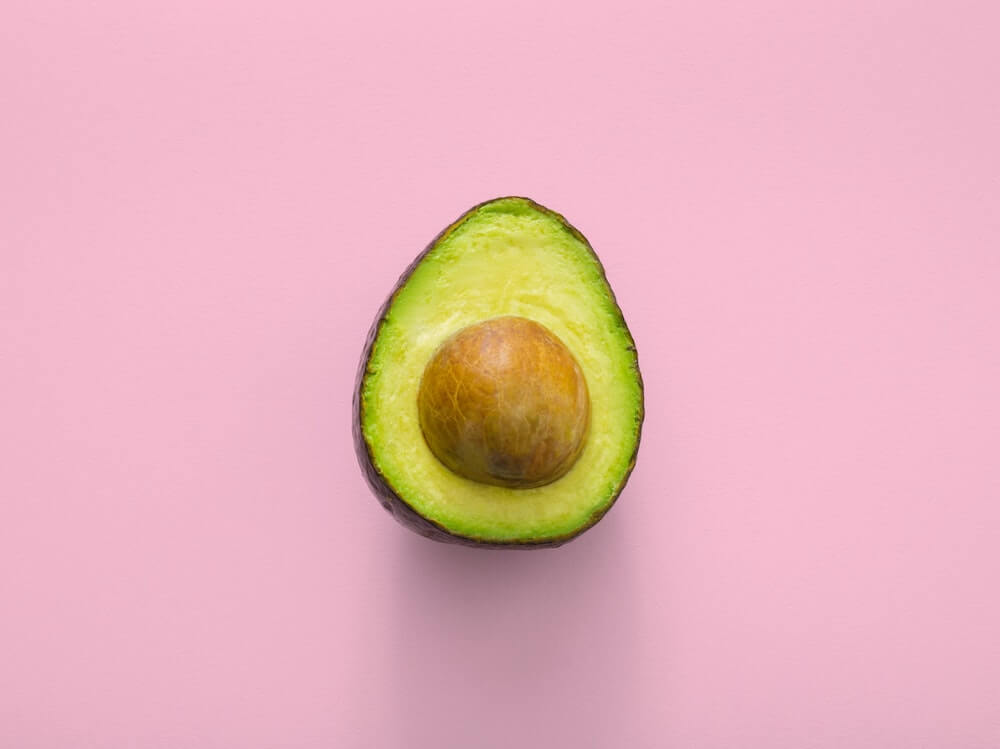Migraines can be debilitating and prevent you from work, social events, and just living your life. When I have a migraine, I just want to shut off the loud world and rest in a quiet dark room and not have to think. Sleeping off a migraine may not be an option and medications may not be enough. It’s important to identify foods that trigger a migraine but just as important to know the top foods to help your migraines. Luckily, there are lots of common foods that can help prevent migraines that you should be eating today.
Magnesium
Magnesium (Mg) is a common mineral that acts as an enzyme cofactor responsible for many cellular functions in your body. Magnesium helps in energy production, synthesizing DNA, cell membrane stabilization, and muscle contraction.
Adult bodies contain 24 grams of magnesium with 67% in your skeleton, 31% in your cells, and 1-2% in your blood. About 25-30% of the magnesium in your blood is bound to protein so measuring blood magnesium level underestimates your true body magnesium level. More importantly, blood magnesium level does not accurately represent brain magnesium levels.
Low levels of magnesium in the brain has been linked to migraines. It is recommended that migraine sufferers take daily magnesium oxide supplements 400-600 mg per day. Oral magnesium supplements are safe in pregnancy and have been shown to help migraine aura, menstrual migraines, and can prevent migraines. Side effects include diarrhea and stomach cramps.
Foods rich in magnesium includes:
- Dark chocolates
- Avocado
- Nuts and seeds
- Legumes
- Fiber-rich grains
- Leafy green vegetables
- Fatty fish
Riboflavin (Vitamin B2)
Riboflavin or vitamin B2 is one of 8 B vitamins that helps the body produce energy. It also functions as an antioxidant and the metabolism of niacin, vitamin B6 and folate into enzymes used by your body.
High dose of riboflavin supplementation with 400 mg per day, about 200 times the recommended daily dose, helps prevent migraines. Side effects can include orange urine.
Food rich in riboflavin includes:
- Eggs
- Lean meats
- Daily
- Leafy green vegetables
Water
Dehydration can be a big trigger for migraines. It’s not just the loss of water but the imbalance of minerals and electrolytes that can trigger a migraine.
We recommend you remain hydrated to prevent and treat a migraine. Drink about 2 liters of water a day. You can also eat fruits and vegetables with high water content such as cucumbers and watermelon.
Omega-3 Fatty Acid
Omega-3 fatty acid is associated with reducing pain and inflammation in the body. Studies show that a diet rich in omega-3 fatty acids help reduce migraine frequency and intensity. Foods that contain high levels of omega-3 fatty acids include fatty fish, shellfish, and hummus.
Coffee
Caffeine has been shown to help acute migraine headache whether it is found in coffee or over the counter medications. However, frequent caffeine use (100 mg/day) can lead to daily headaches. If you have episodic migraines, you should limit your caffeine intake to less than 1-2 caffeine beverages about 2-3 days a week. You should avoid caffeine completely if you have daily headaches. Instead of stopping caffeine abruptly, you should decrease your caffeine consumption by 25% per week to prevent a caffeine withdrawal headache.

